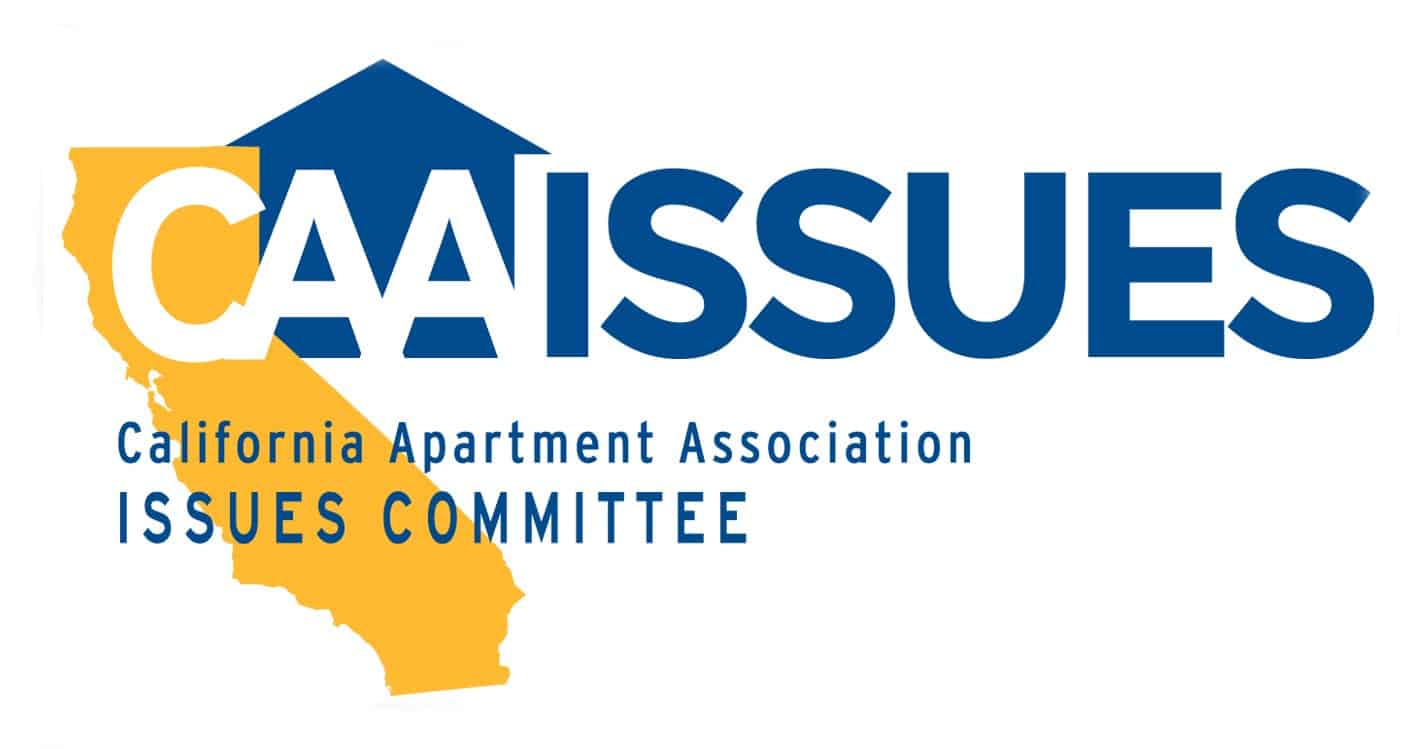A new law extends part of California’s COVID-19 eviction moratorium through June 30, but only for tenants whose applications for rental assistance have been submitted on or before March 31, 2022.
AB 2179 offers no protections for tenants who didn’t pay the rent and either refused to apply for rental assistance or were denied assistance based on income. Moreover, tenants who fail to pay rent that comes due Friday, April 1, and after are subject to eviction rules from before the pandemic.

The legislation, which was authored by Assemblyman Tim Grayson, D-Concord, and Assemblywoman Buffy Wicks, D-Oakland, also blocks any new local eviction protection laws for nonpayment of rent.
AB 2179 passed the Senate on a 36-1 vote earlier on the morning of March 31. With Gov. Newsom out of the state, California’s lieutenant governor, Eleni Kounalakis, signed the three-month extension before the current moratorium – passed under AB 832 – was set to expire in full at midnight that evening.

Like its predecessor, AB 2179 maintains the state’s preemption of new, local COVID-19 eviction restrictions, a safeguard requested by the California Apartment Association.
Under this bill, which runs through June 30, tenants will remain protected against eviction if they’ve applied for emergency rental assistance on or before March 31 and are still awaiting either approval or payment. An application must be submitted before the clock strikes midnight tonight.
The processing of applications and disbursement of payments have taken a significantly longer time than anticipated, which led to AB 2179.
“The days of unethical tenants fraudulently withholding rent and using the pandemic as a shield against eviction are coming to a close,” said Tom Bannon, chief executive officer of the California Apartment Association.
As talk of this extension began, CAA considered it essential to maintain the state preemption to stop any new local eviction moratoria based on nonpayment of rent. Only cities and counties with COVID eviction measures in place on or before Aug. 19, 2020, were allowed to keep their ordinances.
Now, the onus is on local and state emergency rental assistance administrators to finish processing applications and making payments.
“Today’s extension must be the last,” Bannon said. “We’re hopeful that program administrators will do whatever it takes to finish the job and provide both renters and housing providers the help they’ve been promised. Come June 30, when all qualified applications are paid, there will be no need for any more COVID eviction moratoria, state or local.”
